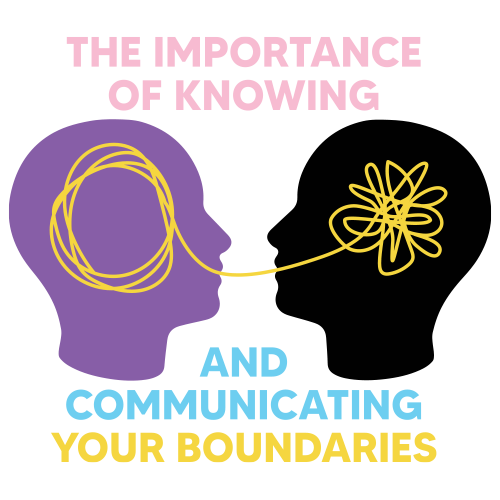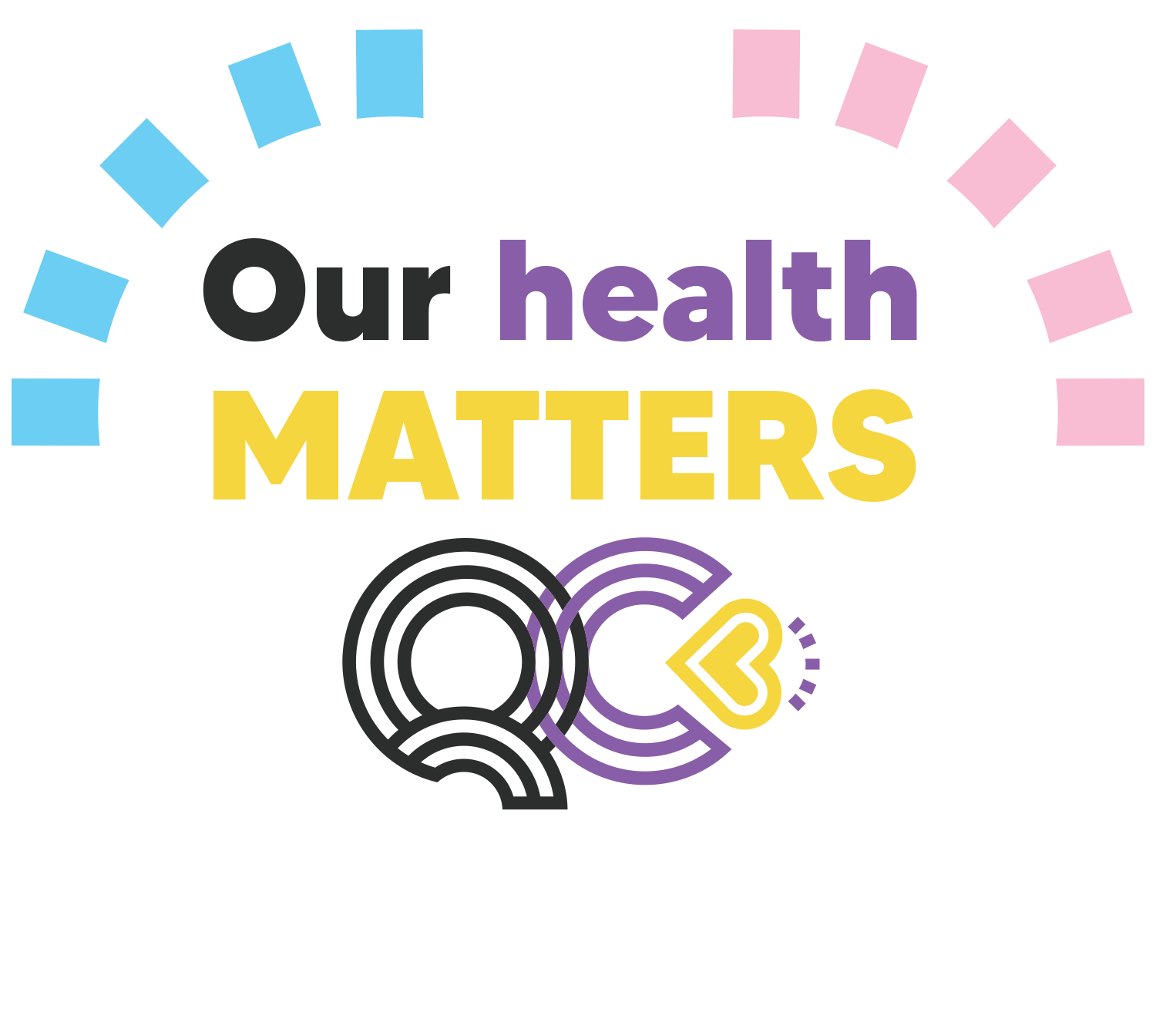
Boundaries & Consent
Boundaries and consent are important in all relationships and interactions.
One of the first steps in having safer and more enjoyable sex or intimacy is to communicate around boundaries and consent. A boundary is an ‘invisible’ line of respect. It's a way to verbally or non-verbally let someone know how you want to be treated, what you are comfortable talking about and doing. If you don’t feel comfortable with something, try to be clear about what this is for you. It might be things like “no sex without protection”, or “please don’t use that word to talk about my body”. Never assume that you know someone’s boundaries in advance, or that boundaries don’t change. Even if they have been established before, it is helpful to revisit conversations about boundaries, especially in new or different settings. Boundaries and needs for safety and respect can change over thecourse of a single interaction, a relationship, or a person’s life.
When setting boundaries, try to have a clear idea of what a particular boundary is about (sex, emotions, discussions, words, privacy), and how you will safely set and communicate it to others, how you know when it is close to being crossed or has been crossed and what you will do if it has been crossed. This is particularly important for your personal safety and wellbeing, and for other people’s. Boundaries are still important with transactional sex partners and these may also differ with different partners or different interactions. As we move onto talking about consent, these two principles often go hand in hand.
Consent is the mutual and voluntary agreement to what you and partners are doing together. Consent is always an ongoing process and you ALWAYS have the right to say yes or no to any activity. You can change your mind about what you are doing and it’s okay to ask to stop or to do something else. In other words, you can withdraw consent and this should be respected and followed immediately. If someone fails to respect the boundary and stop if you have withdrawn consent, this is a form of abuse regardless of how they might try to justify it. If this is something you have experienced, you have a right to report it to the police or to seek other support for it.

For Trans, Gender Diverse and Non-Binary folk, we may find that our needs around safety, boundaries and consent change as we take different steps to affirm and express our gender. Be aware that your thoughts and feelings might change, as might your sense of trust and safety, openness or withdrawal, okay and not okay, euphoric or dysphoric, and this is a realistic and understandable thing to happen during periods of change. It is likely that your boundaries will be different in different settings and with different people, and what has been an established boundary in the past might shift as you start to affirm and assert yourself in new ways. Please also be mindful that this may be the same for other trans, gender diverse and nonbinary folks around you, and that their needs may be different to yours.

+
-
+
-
+
-

